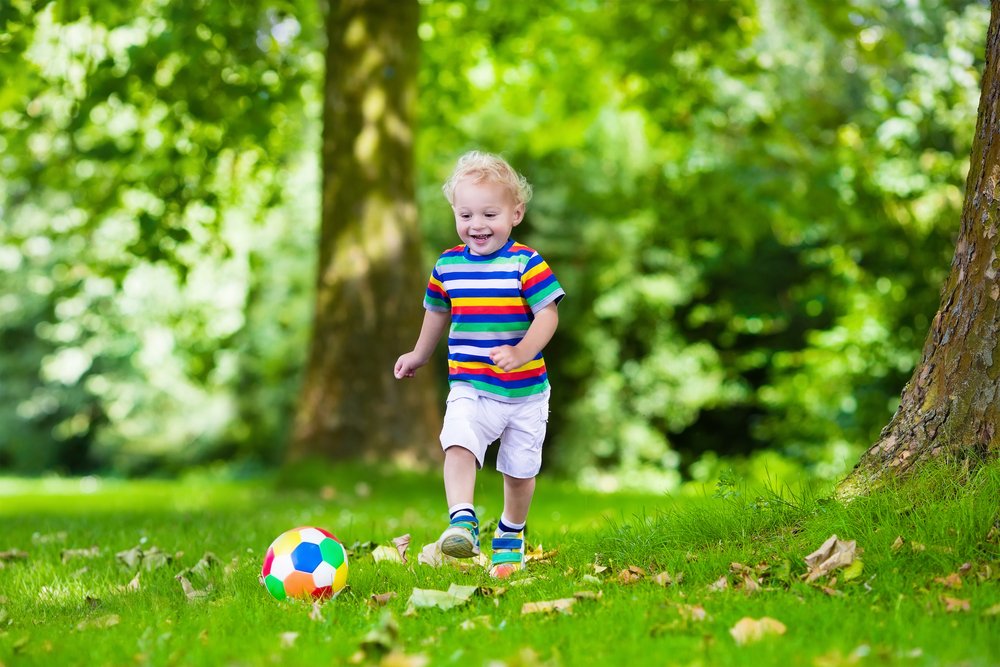
Ball skills: Kicking
Key points:1. Your child’s physical skills, muscle control, balance, and coordination are developing.2. Progressing from one skill to the next is a sign…
Discover the key milestones of physical, cognitive, linguistic and socio-affective child development and understand the science behind child development.
Discover the key milestones of physical, cognitive, linguistic and socio-affective child development and understand the science behind child development.

Key points:1. Your child’s physical skills, muscle control, balance, and coordination are developing.2. Progressing from one skill to the next is a sign…

Key points:1. Walking is a significant step toward independence for your child.2. As they become more mobile, they develop curiosity and can explore…

Key points:1. Learning to walk typically takes around 12 months, as many skills and muscles need to develop first.2. Strong neck, arm, core,…
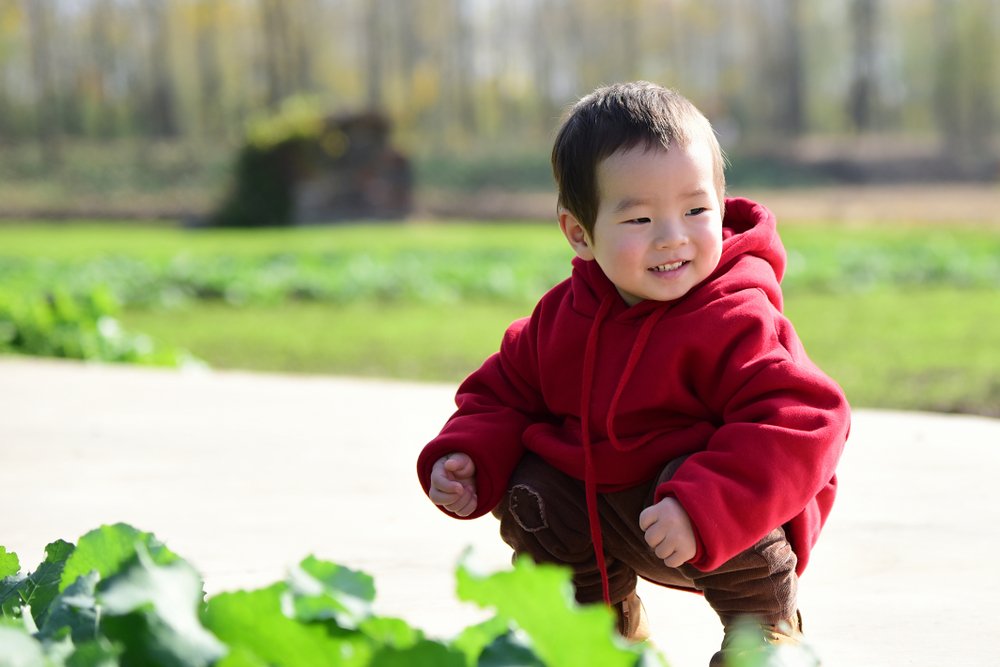
Key points:1. By 12-14 months, your baby can go from standing to squatting, showcasing balance.2. They develop neck muscles to maintain their balance,…

Key points:1. Your baby can stand while holding onto objects between 10-12 months.2. They’ll briefly stand with your help, enhancing balance skills.3. Around…
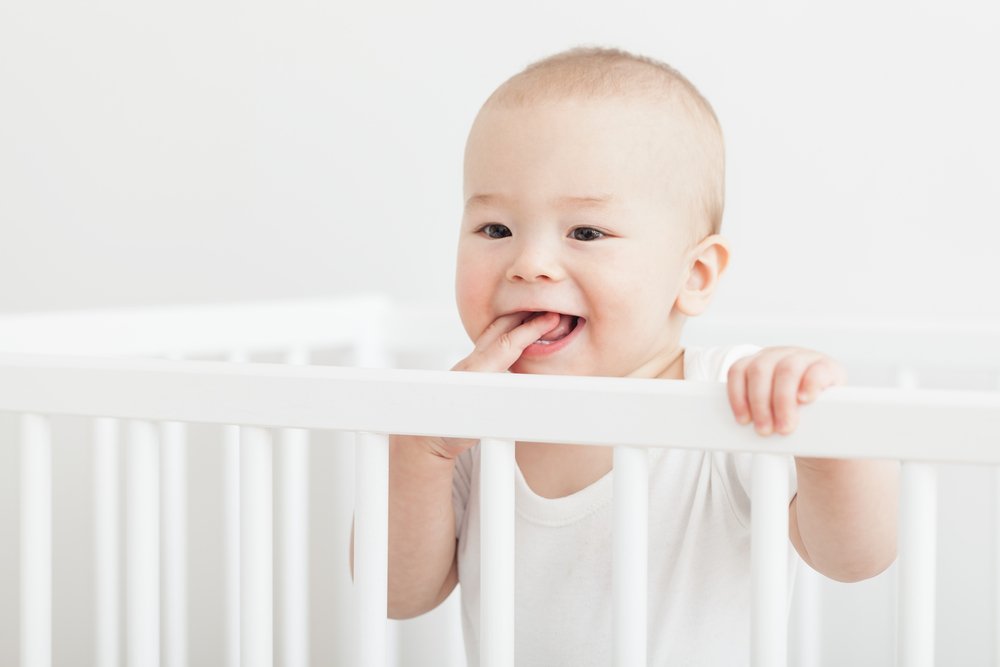
Key points:1. Standing up is a key physical milestone that typically occurs between 9 and 14 months.2. It involves various skills such as…

Key points: Children’s muscles have a unique fiber that makes them less prone to fatigue during running. Encouraging short, high-intensity exercises like running…

Key points: Running is a significant gross motor skill development milestone between 18-36 months. Encourage activities that improve balance and spatial skills. Active…
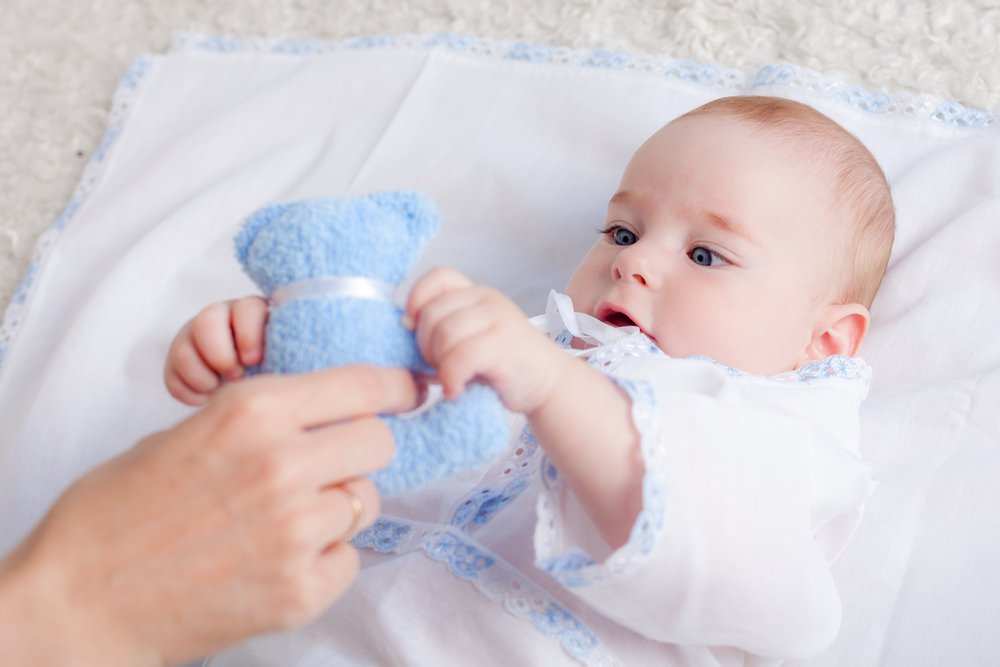
Key points: Visual attention is a crucial skill for cognitive development and longer attention spans. It begins to develop during the first few…
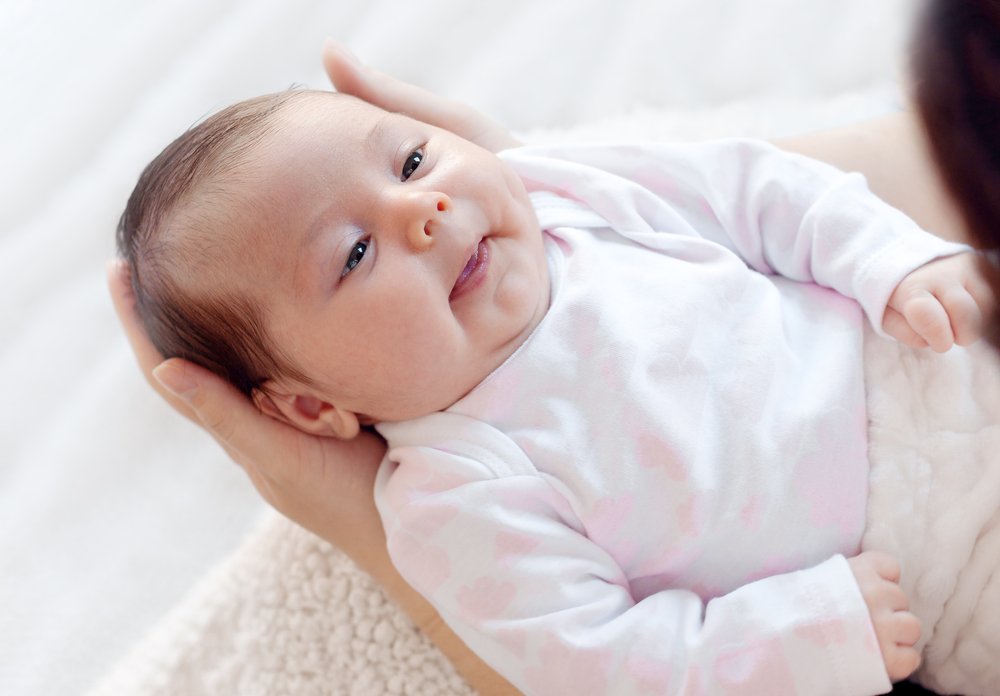
Key points: During the first week, a baby’s vision is limited to black and white, but starts to develop more colors after a…

Key points: Drawing can foster fine motor skills in children, while the act of drawing and related language skills can be a “great…
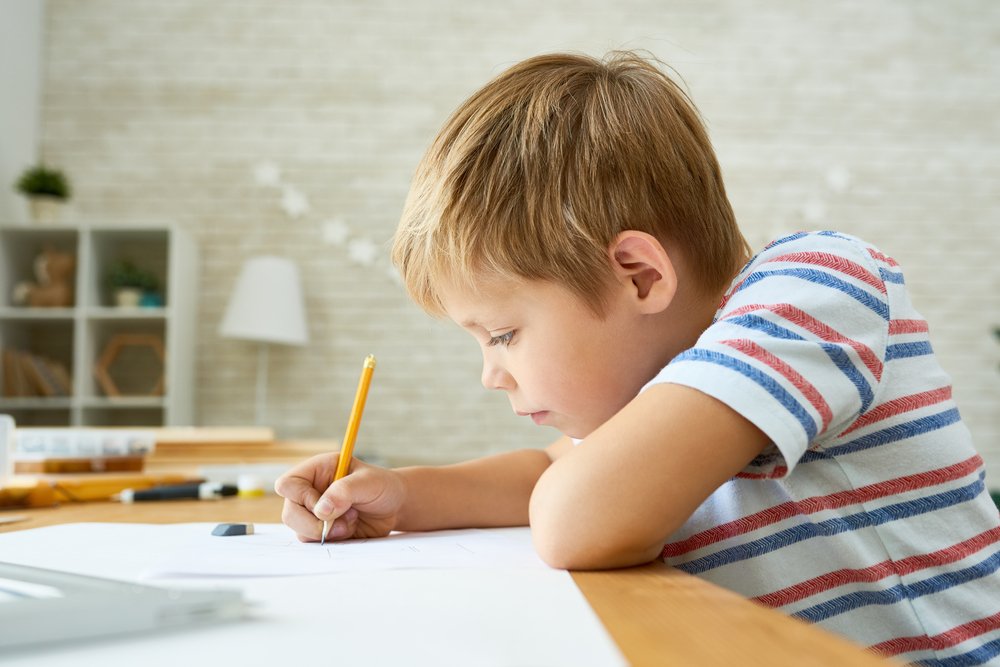
Key points: Preschoolers’ early writing skills can predict both their grades and their standardized test scores in second-grade reading and math, according to…
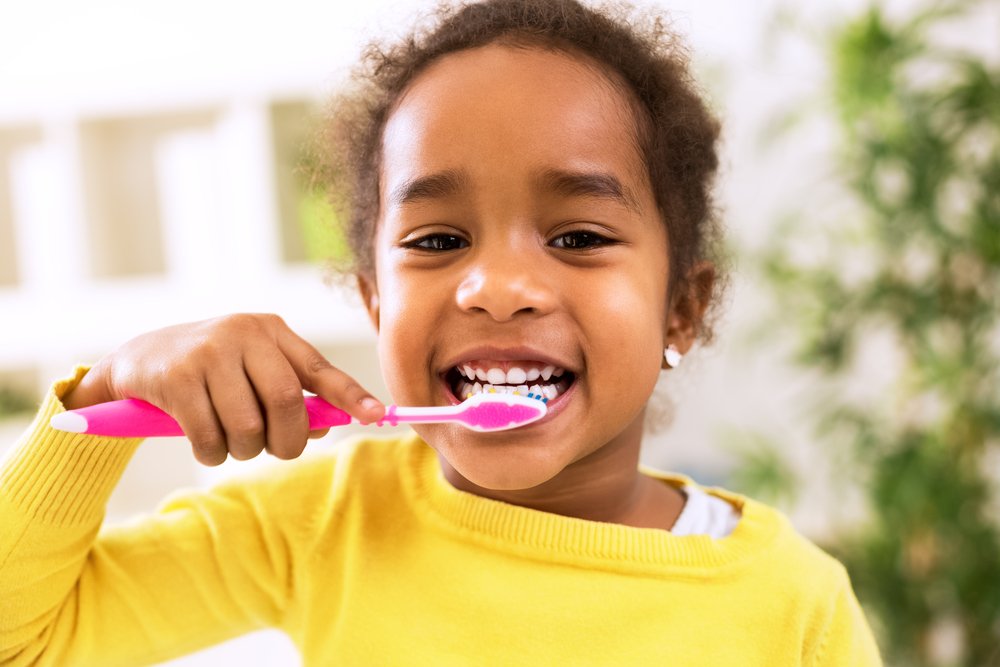
Key points: Children around the age of four develop increased control over their fine motor skills, including hand coordination and using utensils. Development…
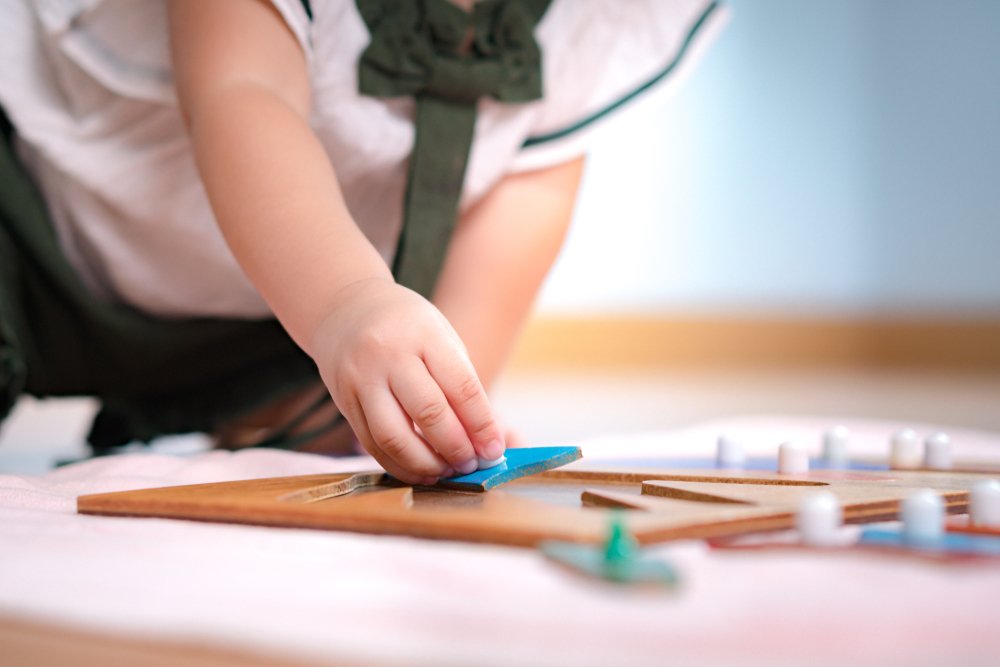
Key points: Children around the age of three develop increased muscle movement control, including hand coordination. Development milestones for this age group include…
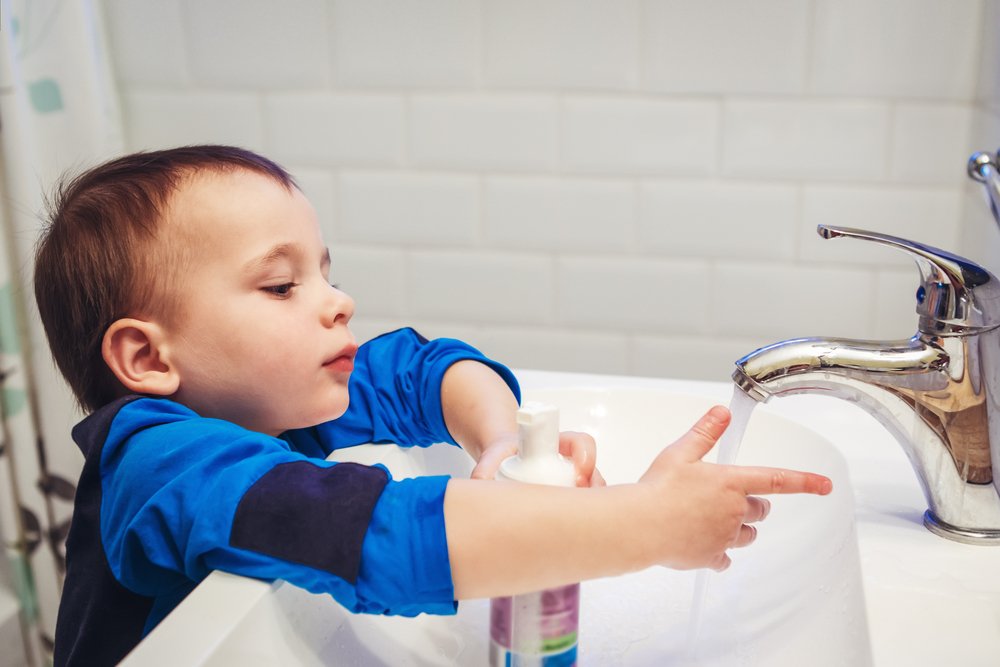
Key points: During the second year of a child’s life, their fine motor skills are still developing and new activities can be introduced…
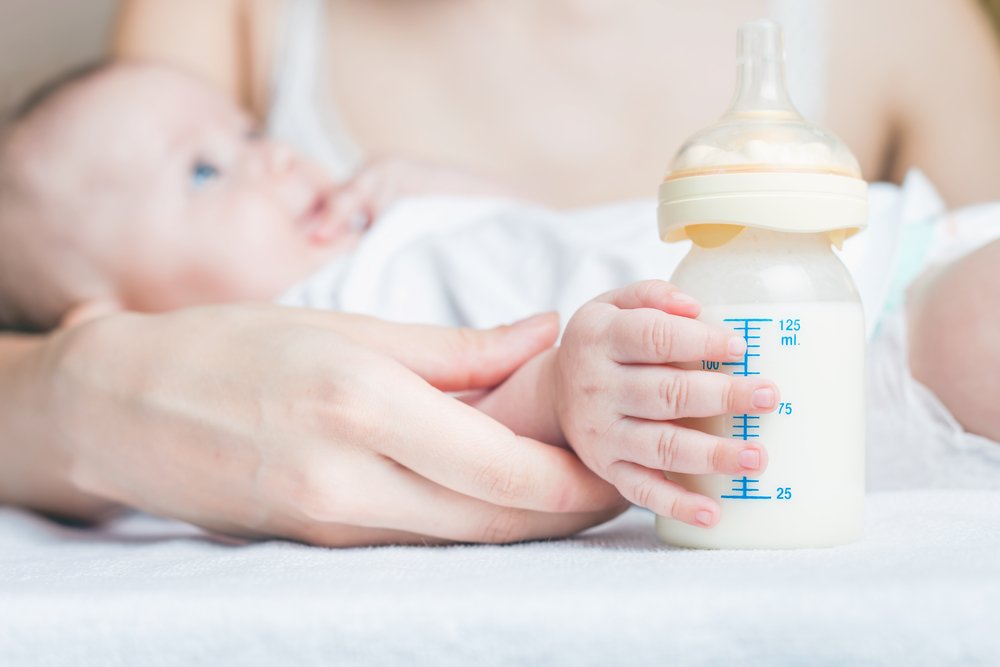
Key points: The first year of a child’s life is a period of rapid physical development, including the development and refinement of fine…

Key points: Head control is the foundation for many of your baby’s next milestones and can be fostered through fun activities. Activities can…
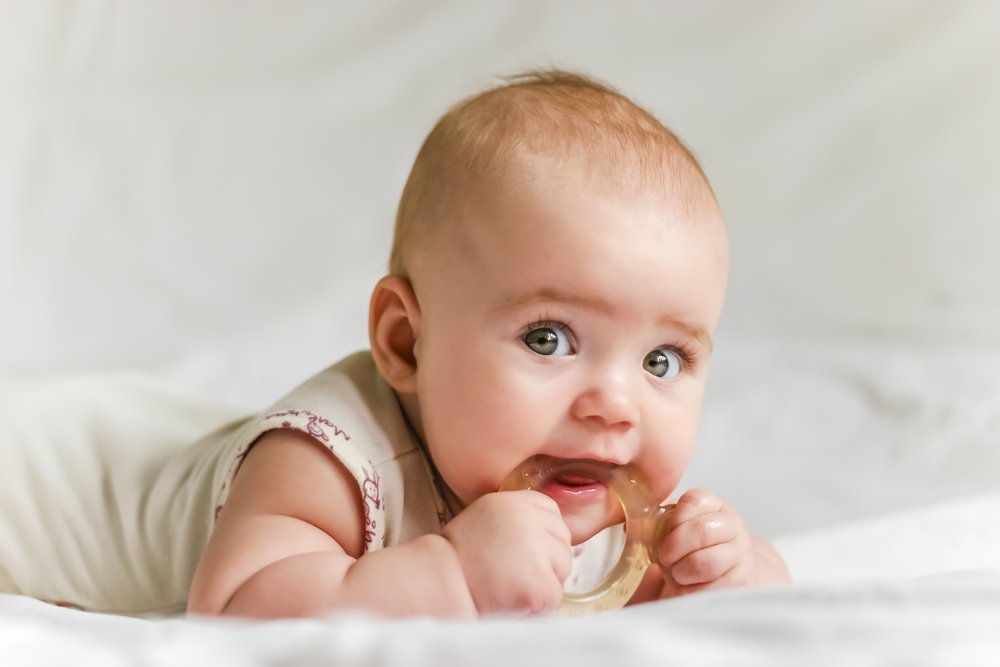
Key points: At 3-4 months old, babies will have more control over their head and be able to hold it aligned with their…

Key points: Babies develop head control and muscle tone during their first few months of life. Tummy time is the most recommended activity…
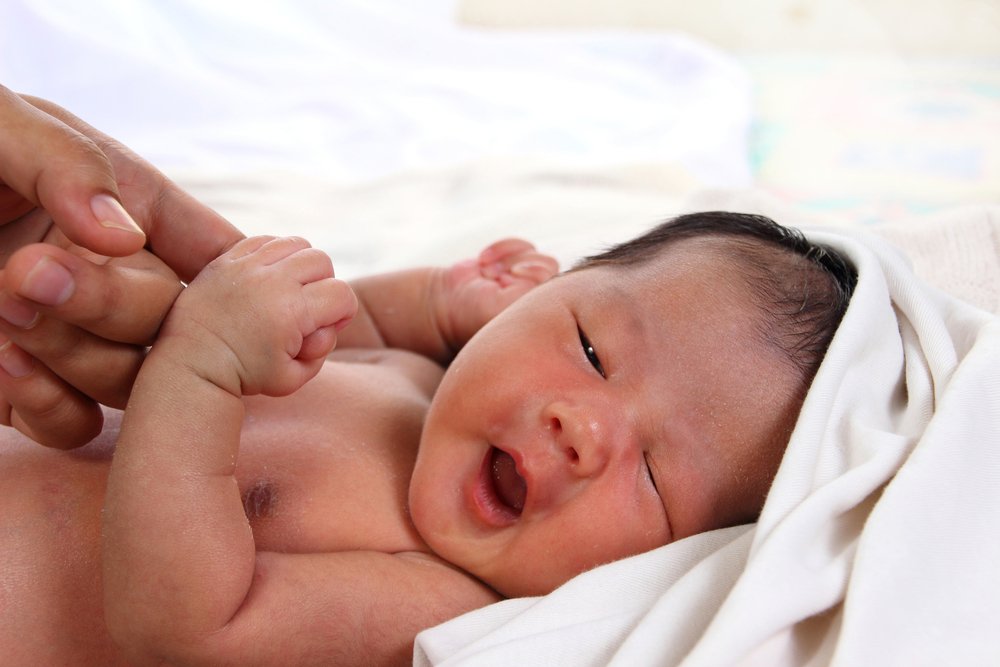
Key points: During the newborn stage, a baby’s neck muscles are weak, and they rely on adults to support their head. Newborns have…
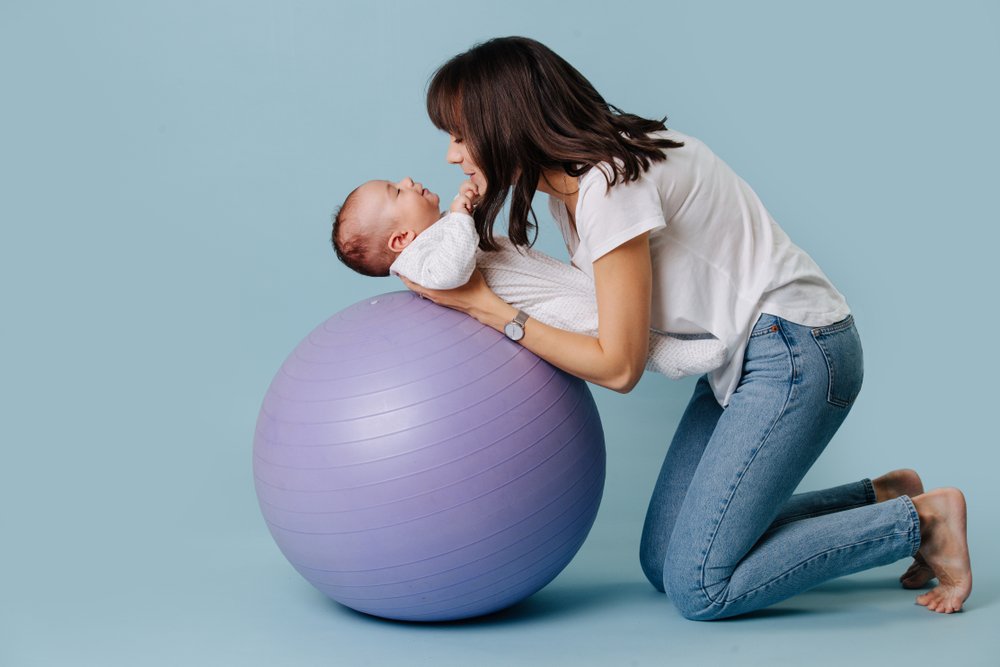
Key points: Developing core muscles is essential for a baby’s posture and physical development. Tummy time, crawling, bouncing on an exercise ball, collecting…